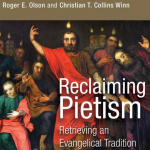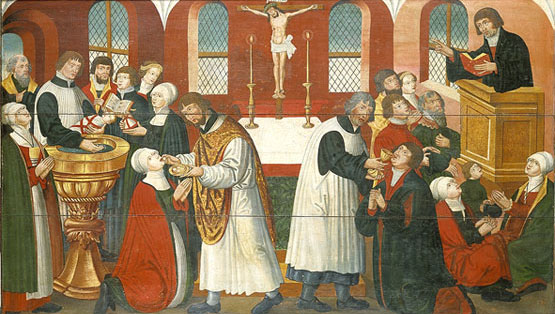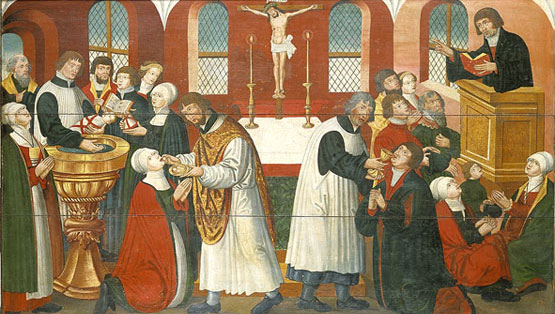Throughout the past couple years of recording my podcast, I have dealt heavily with Reformed theology. I have compiled a list of links to these audio resources for easy reference. The Atonement: Limited atonement in the history of the church Refutation of limited atonement part 1 Refutation of limited atonement part 2 Refutation of limited atonement part 3 Refutation of limited atonement part 4 Refutation of limited atonement part 5 The Calvinist teaching of “definite atonement” (Issues etc) Limited... Read more















